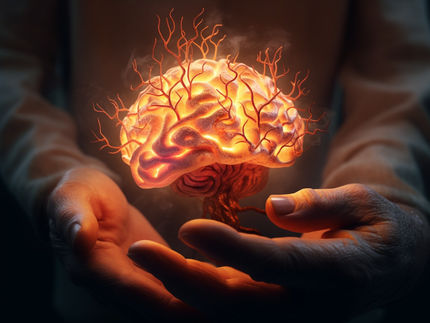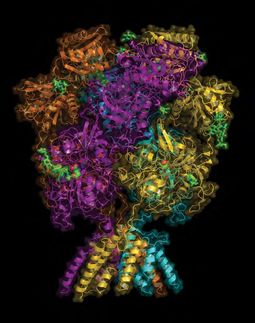New human imaging data support the neuroprotective effects of Allon’s davunetide
Advertisement
Allon Therapeutics Inc. announced new findings that 12 weeks of treatment with the Company’s lead product davunetide appears to prevent cortical thinning of important parts of the brains of schizophrenia patients.
Dr. Bruce Morimoto, Allon’s Vice-President of Drug Development, said “the new data are consistent with the neuroprotective effect we have seen with davunetide including our other human trials and provide further confirmation of the strategy behind our ongoing Phase 2/3 pivotal study in progressive supranuclear palsy.”
Dr. Morimoto said the new data emerged from the ongoing analysis of magnetic resonance imaging (MRI) data by a group of scientists and physicians led by Dr. Jeffrey Lieberman, Chairman of the Department of Psychiatry at Columbia University School of Physicians and Surgeons, and Director of the New York Psychiatric Institute.
“The new data showed that in the 23 patient study the thickness of the cortex in specific regions of the brain decreased in the eight schizophrenia patients given placebo, whereas it did not change in the 15 patients treated with davunetide.” The cortex is tissue in the human brain made up of neuronal cell bodies. “While these data come from a small exploratory study, they suggest that davunetide treatment prevents the cortical thinning observed in schizophrenia”, Morimoto added.
Dr. Lieberman said Schizophrenia is a progressive neurodegenerative disease in which cortical thinning is believed to be responsible for some of the clinical symptoms.
“In our lab, we found that the cortex of schizophrenia patients is thinner than that of healthy control subjects. The extent and rate of cortical thinning in the davunetide study is similar to what we have seen previously in placebo-treated subjects.”
“This preliminary evidence of a davunetide treatment effect is interesting and merits replication in a larger study of schizophrenia patients. This new finding is consistent with the hypothesis that davunetide prevents brain atrophy by a mechanism thought to involve the preservation of microtubule function”, Dr. Lieberman said.
The analyses showed that the greatest treatment effect was seen in the dorsolateral prefrontal and temporal cortical regions of the brain. These areas are known to be impacted in cognitive-impairment associated with schizophrenia (CIAS).
Allon has previously announced the presentation of imaging data looking at the biochemical changes that underlie the persistent cognitive deficits seen in schizophrenia patients. For example, davunetide treatment produced a statistically significant increase in N-acetylaspartate (NAA), a putative marker of neuronal integrity known to decline in several neurodegenerative disorders including schizophrenia.
The ongoing imaging analysis is part of the study data collected as part of a larger Phase 2a clinical trial, which showed a statistically significant (p=0.015) effect on the functional outcome measure, the UCSD (University of California at San Diego) Performance-based Skills Assessment (UPSA). The UPSA test assesses the functional capacity of skills for daily living and has been recognized by drug regulators as an appropriate co-primary endpoint in patients suffering from CIAS.
The imaging studies are funded by the National Alliance for Research on Schizophrenia and Depression (NARSAD) and Allon. The Phase 2a trial was managed by TURNS (Treatment Units for Research on Neurocognition and Schizophrenia), a clinical trial network consisting of eight academic medical institutions led by the University of California at Los Angeles, with substantial financial support from the National Institute of Mental Health (NIMH), part of the U.S. National Institutes of Health.






















































